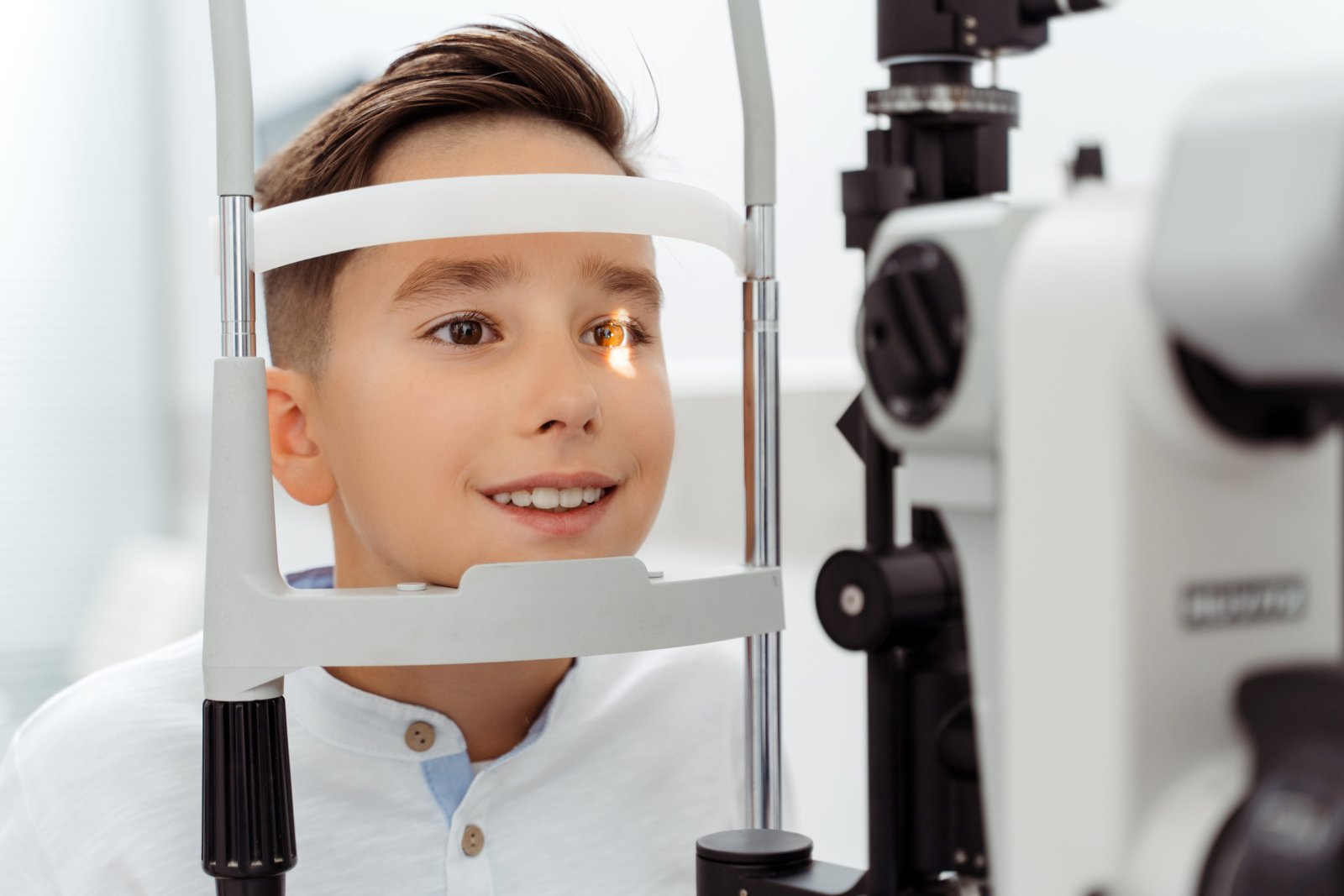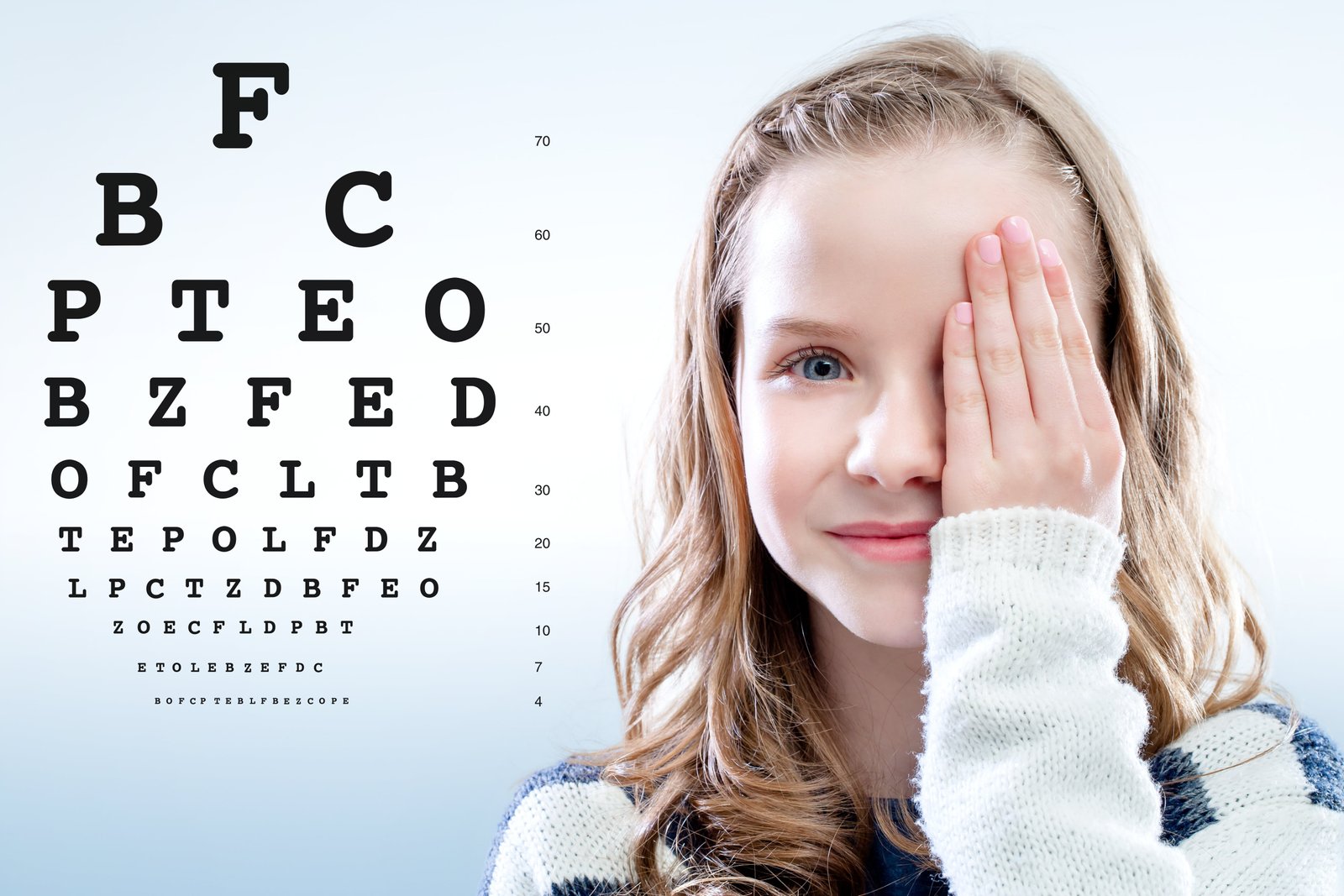
Do you need new glasses or are you unsure if you need glasses? For a second opinion, visit Zeker Zicht Optometry Practice.

Posted onTrustindex verifies that the original source of the review is Google. Beste plek ooit! Ik raad Zeker Zicht aan! Ik heb een lenzenaanpassing geboekt en ik ben zo blij dat ik hier heen ben gegaan. Silvia is niet alleen kundig, maar ook super vriendelijk en geduldig. Vanaf het moment dat ik binnen kwam voelde ik me meteen welkom. Top meting gedaan en ze legt alles duidelijk uit, en coachte me goed bij het in doen van de lenzen. Het was een fijne ervaring! Dankjewel Silvia ! <3Posted onTrustindex verifies that the original source of the review is Google. Silvia is very competent and makes you feel at ease, explaining everything she does in the process. Extremely recommended!Posted onTrustindex verifies that the original source of the review is Google. Ik had hier een volledig oogonderzoek. Ik vond de optometrist heel professioneel en betrokken.Posted onTrustindex verifies that the original source of the review is Google. Het was heel fijn om snel een afspraak te maken bij Sylvia.. Erg goed geholpen en goed uitgelegd. Zeer tevreden, vijf sterrenPosted onTrustindex verifies that the original source of the review is Google. Zeer tevreden ben ik en mijn man voor de oogmeting en het oogonderzoek. Alles werd goed uitgelegd. Heel fijn om je ogen te laten checken zonder commercieel gedoe. Silvia is vriendelijk en deskundig. Dank je wel. Zeker aan te raden als je écht je ogen goed wil laten checken!Posted onTrustindex verifies that the original source of the review is Google. Uitstekende service, ook na de oogmeting kon ik Silvia vragen (blijven) stellen die ze met veel kennis van zaken beantwoordde. Ik vond het prettig om de meting nu eens te laten verrichten door een onafhankelijke optometrist. Met haar recept kon ik naar de opticien. Een aanrader (en dat is nu eens geen cliché, maar echt waar!)Posted onTrustindex verifies that the original source of the review is Google. Als je net als ik op zoek bent naar een onafhankelijke optometrist die het beste met jouw ogen voor heeft, dan ben je bij Silvia in uitstekende handen. Neemt alle tijd voor je en is ook nog plezierig in de omgang. En ze heeft een pot snoep!Posted onTrustindex verifies that the original source of the review is Google. Erg vriendelijke dame, neemt haar tijd, doet alle metingen wat de opticiens niet doen, luistert heel goed, uiteindelijk de juiste maat bril kunnen kopen, dit is de beste in Amsterdam👍Posted onTrustindex verifies that the original source of the review is Google. Zeer goede onafhankelijke oogmeting en oogcontrole.Posted onTrustindex verifies that the original source of the review is Google. Goed geholpen en duidelijke uitleg wat ze gaat doen 👍
80% of what a child learns is visual. An early eye exam with our child-friendly optometrist in Amsterdam can prevent potential learning and developmental issues.
Book Your Child's Eye ExamChildren don't always know how to explain that they can't see clearly; often, they don't realise it's not normal. It's important for parents to watch for the subtle signs.
We understand that an eye exam can be daunting for a child. That's why we've created a relaxed, playful atmosphere where your child will feel completely at ease.
What to expect during our child-friendly exam:

Essential for seeing the board, reading, and focusing in class.
A child who sees clearly feels more confident in the classroom and at play.
Clear vision makes hobbies and sports easier and more enjoyable.
Early detection is crucial for treating amblyopia ("lazy eye").

Easily book a time that suits you and your child online. We are located in Amsterdam.
The optometrist will take 30-45 minutes for a complete and relaxed examination. You are welcome to stay with your child.
Afterwards, we'll discuss the results in plain English and provide clear advice on the next steps, if any are needed.
Don't wait for problems to arise at school. A preventative check-up can make all the difference. Book an appointment today and invest in your child's future.
Book Your Children's Eye Exam NowBeste plek ooit! Ik raad Zeker Zicht aan! Ik heb een lenzenaanpassing geboekt en ik ben zo blij dat ik hier heen ben… Read more on Google
Silvia is very competent and makes you feel at ease, explaining everything she does in the process. Extremely… Read more on Google
Ik had hier een volledig oogonderzoek. Ik vond de optometrist heel professioneel en betrokken.
Het was heel fijn om snel een afspraak te maken bij Sylvia.. Erg goed geholpen en goed uitgelegd. Zeer tevreden, vijf… Read more on Google

Do you need new glasses or are you unsure if you need glasses? For a second opinion, visit Zeker Zicht Optometry Practice.

Is there a hereditary eye condition in your family? Or do you simply want to have your healthy eyes checked? Schedule an appointment!

Get expert contact lens fittings tailored to your vision needs. From first-time fittings to adjustments, ensure a perfect fit with our professional care.
Schedule a free 15-minute advice call with me. You choose the time.